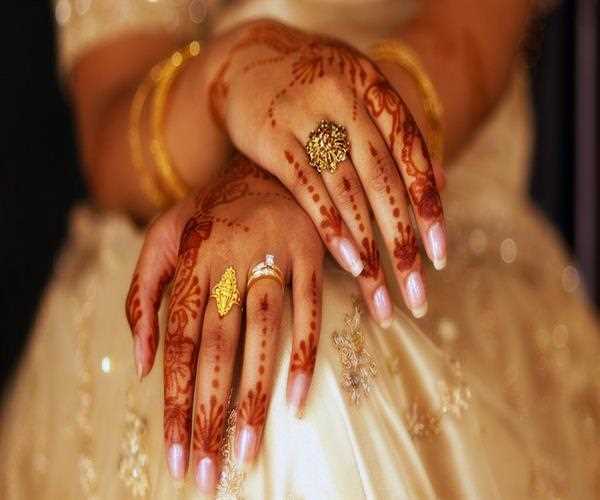Marriage has always been one of the most important aspects of any religion. In Islam, marriage is not only viewed as a religious institution, but also as a social institution, as it is seen as a way to promote strong family ties and social stability. Marriage in Islam is based on mutual consent between the parties involved, and has been a controversial topic for many years.

In Islamic teachings, marriage is seen as a way to ensure the physical and emotional well-being of the parties involved. It is believed that through marriage, spouses will be able to form a strong bond of love and understanding, and that the marriage will be a source of peace and contentment. Marriage in Islam is also seen as a way to protect the rights of both parties, and to ensure that they will be able to fulfill their obligations to each other.
However, there are some aspects of marriage in Islam that have been a source of contention among Muslims. The most controversial issues related to marriage in Islam include the idea of polygamy and the idea of divorce.
Polygamy, or the practice of having multiple marriages, is allowed in the Islamic faith, but only under certain circumstances. Polygamy is only permissible if the man can provide for all of his wives financially and emotionally, and if he can treat them all equally. As a result, many Muslims view polygamy as a controversial issue, as it can be seen as a way to oppress women and deprive them of their rights.
Another controversial issue related to marriage in Islam is the issue of divorce. Divorce is allowed in Islam, but it is only allowed in cases where it is felt that the marriage is no longer providing a beneficial environment for both parties. Divorce is not allowed for trivial reasons, and it is only allowed if the marriage is deemed to be causing harm to one or both parties. In addition, divorce is often seen as a difficult and traumatic experience, as it can cause emotional and psychological damage to both parties involved.
Finally, marriage in Islam has also been a source of controversy due to the role of women in the marriage. In Islam, a woman’s role is seen as one of submission to her husband. This has been a source of debate among Muslims, as many see this role as oppressive and demeaning to women. Furthermore, some Islamic scholars argue that a woman’s role should be seen as one of equality and respect, and that she should be considered an equal partner in the marriage.